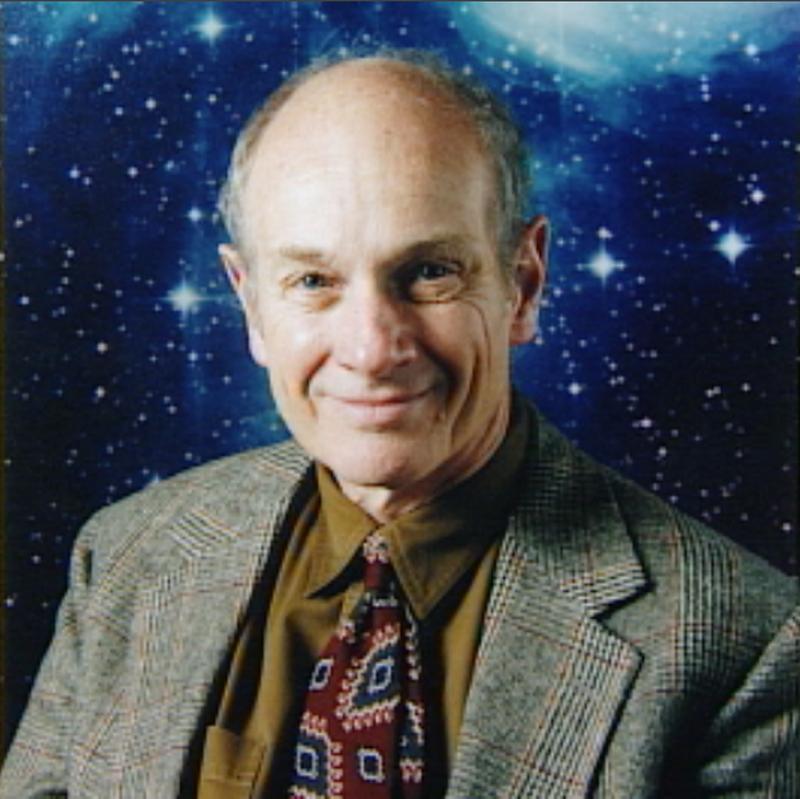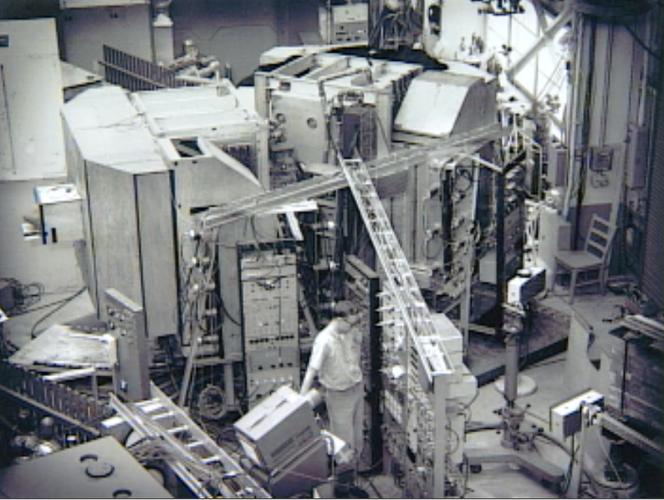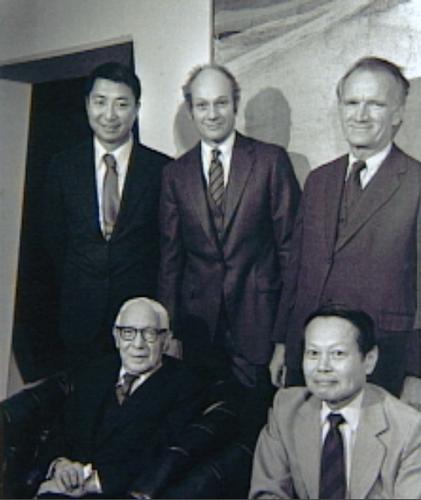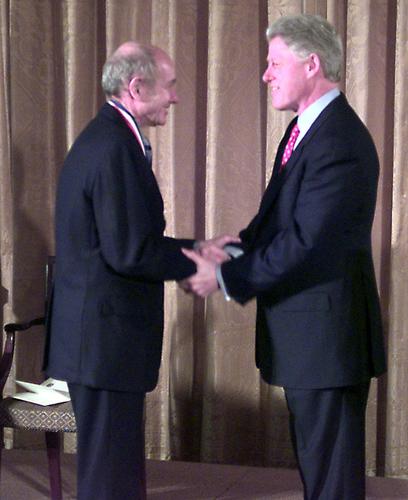The Big Bang created the universe, scientists say. This catastrophic event, marked by heat measuring billions of degrees, begs the question: How did anything survive?
In 1964, James Cronin and his colleague Val Fitch found an answer using matter and antimatter – particles with the same mass but opposite charges, causing them to destroy each other upon contact. The experiments violated “charge-parity invariance,” which assumes that the same laws of physics apply to particles even when the charges are reversed. From this came the Fitch-Cronin effect, an explanation for why the matter and antimatter caused by the Big Bang didn’t destroy each other – instead leaving residue that evolved into humans and planets.
Despite the magnitude of this discovery, it took 16 years for Cronin to be recognized with the Nobel Prize. “For me, this was actually a good thing,” he joked. “I was much too young at that time to deal with such a thing as the Nobel Prize.”




